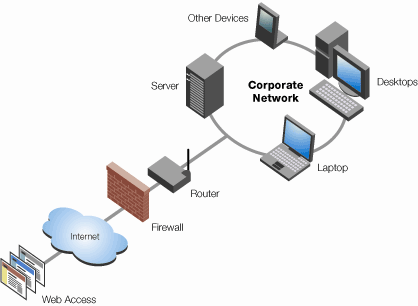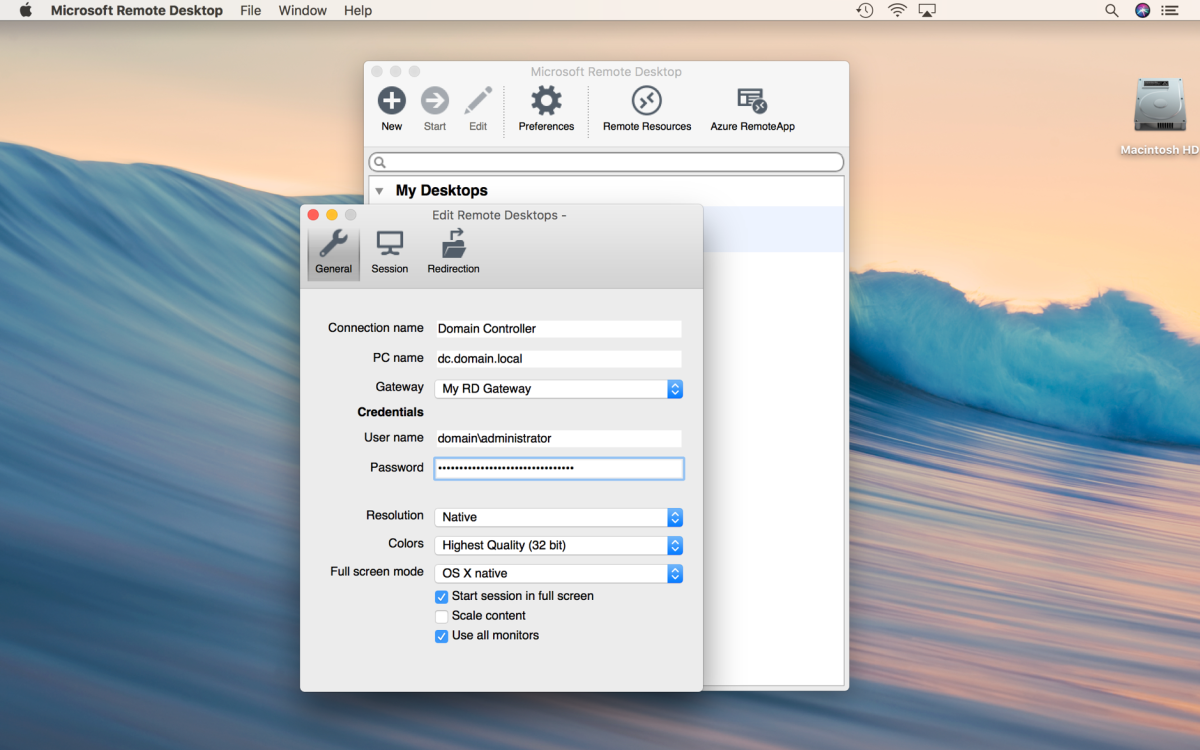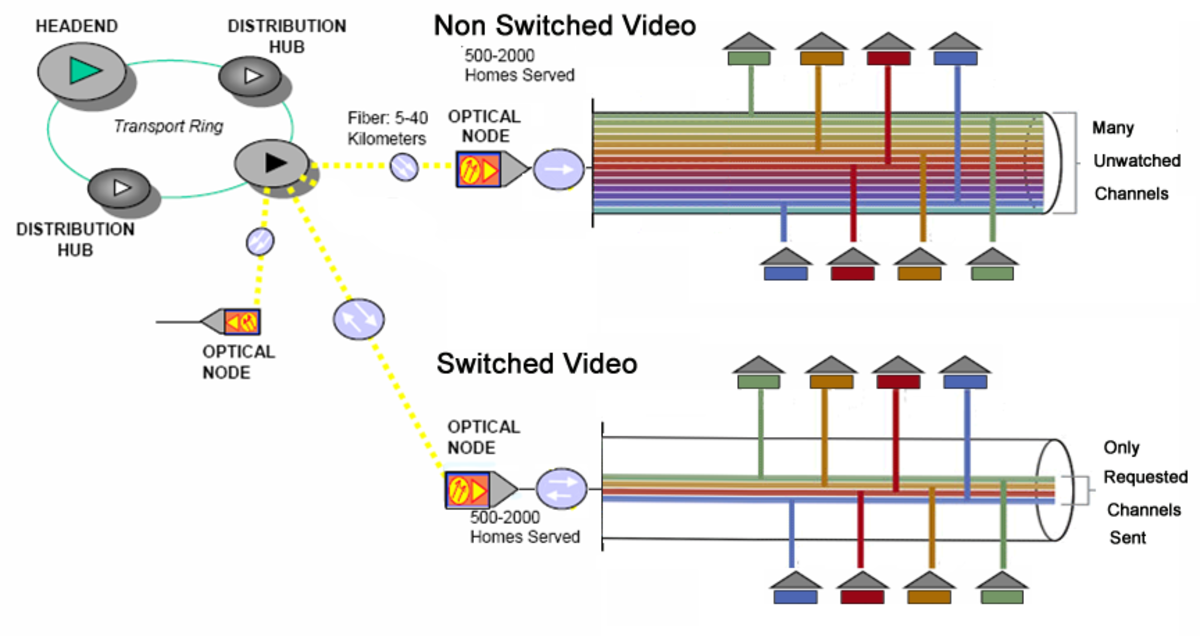What is a Proxy Server or a Web Proxy and How does it Work

What is a Proxy Server or a Web Proxy: Article Summary
This hub will discuss what web proxy or a proxy server is, its definition and meaning as well as how does it work. And also will touch about some matters in the frequently asked questions about anonymous proxy servers and how to find a proxy server address.
Table of Contents
- What is a Server in a Network: Types and Kinds of Servers
- What is a Home Network and What is a Home Server in Networking
- What is a Computer Server and What is a Computer Server Used for
- What is a File Server and what is a File Server Used For
- What is a Database Server and What is a Database Server Used For
- What is a DNS Server, DNS Server Address, Errors and DNS Caching
- What is a File and Print Server: Definition and Differences
- What is Communication Server in a Network: Meaning and Definition
- What is a Directory Server, Directory Service and Active Directory
- What is an Application Server and What is an Application Server Used for
- What is a Game Server, Dedicated Server, Listen Server, and Peer to Peer
- What is a Catalog Server: Find Global Catalog Server
- What is a Web Server, What is a Web Server Used For, How Web Server work
- What is a Stand-alone Server, Domain Controller and Member Servers
Definition of a Proxy Server or a Web Proxy
Proxy Server actually is also a web proxy though not all proxy servers are entirely web based. It is just a part of the whole. But in this hub, we will talk about how proxy server behaves in the web. So, instead of saying the two synonymous words every time, I will just say Proxy server. Proxy server by its technical definition is a server that acts as a mediator between the internet and your personal computer or between two computers within a network. Proxy server is especially used by those important organizations and secured companies, which frequently access the web, which also needed to protect their data’s against the cyber criminals while using the internet. Proxy server main function is cache the frequently visited web pages by the user so that whenever the user needs to access it, the server can provide it fast because it doesn’t need to find the address in the web or the information that is located in another server. So, it then immediately delivers the information in a minimum time to the end-user. That is the beauty of Proxy servers. They can also be used for security and scanning of web pages. By using proxy servers, the search and delivering of information or data’s is secure because the delivered web pages that displayed on the end-users computer monitor were scanned and harmless. So the users need not worry themselves about the threats of malicious software, spying applications, viruses, worms and others, which is now prevalent in the web.
How does Proxy Server Works
Proxy Servers comprehensive function is to have a better speed performance and security, while the user is accessing the internet or another server for that matter. The best example on how it works is by creating a mental picture about it. Just imagine that a certain Proxy server holds many client’s computer in its internal network. When a client request a web page in the web, the request will come first to the proxy server and the proxy server will be the one who will request to other web servers that holds a certain page requested by the user. So, it will look like that the one who request for information is the proxy server and not the client himself. So, the identity of the client is hidden to that web server. If the webpage is delivered to the proxy server, it will then scan it for security and cache it before it delivers that webpage to the client who requested for it. Now, since there are many clients that the proxy server has, it is also possible that other clients will request for the same webpage that is requested by other users. If that is the case, since it is cached and scanned already, the proxy server will not send another request to the same server again and will be able to deliver the requested page fast to other clients who need it. So through this, the speed of response for those who is using proxy server is really fast and secure.
What is Anonymous Proxy Servers
The anonymous proxy servers are the one which IP Address is hidden mainly for the purpose of privacy. Proxy servers are also used to hide the real address of a client’s computer. There are reasons why other people do this and few of the reasons are listed below:
1. The clients want to access a certain website which has a required geographic location and his/her geographic location is not qualified to access the website. So he/she will use a proxy server that is located on that place so that he/she will be able to access the websites he/she wants. This is quite possible and widely used in the web especially by those semi-expert computer users.
2. Another common reason is to bypass the internet censorship that often other governments do to their citizens. The citizens are only allowed to visit the websites that is allowed by the Government and cannot access any website that is blacklisted on the Government’s list with their normal connection and IP address. The best example for the countries that has internet censorship is China and Vietnam. So, other citizens used Proxy servers so that they can hide and cloak their IP addresses and bypass the internet censorship within their country.
How to Find List of Proxy Server’s Address
Finding a proxy server’s address is not that hard. There are many available proxy servers in the web. However, because of its massive number, it is very hard to find a reliable and fast proxy server. It is quite impossible to test all of them unless you have an application that will make things easy and that application will be the one, which will choose the best proxy server IP address for you. I believe that there are applications like that, but it is not just known, because some people prefer to use their programs for themselves only. Google can help you find lists of proxy servers that you can use and you might find a free software too, for proxy server testing. Just type the keywords like ‘free list of proxy servers’, you can also specify the countries you want for the location of the proxy server you want to have.








